철도노조 "오늘 오전 9시부터 예고한 총파업 유보"
"성과급 정상화 잠정 합의"…모든 열차 정상 운행
노조, 성과급 기준 기본급 80%→100%로 정상화 요구
노조 "오늘 회의 결과 볼 것"…이행 시 파업 철회
-
대통령실, '통일교 특검' 환영…"여야 무관 수사 필요"재생
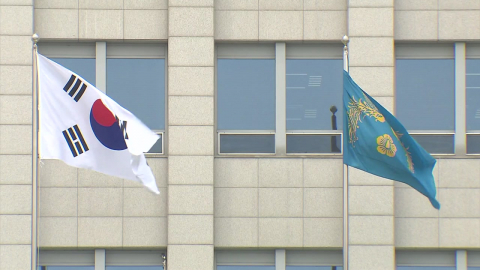
- 경찰, '통일교 돈줄' 자금 관리자 집중 조사…'현금 사진' 등 물증 확보 관심
- 민주, 통일교 특검 수용…2차 종합특검 명분 쌓기?
- 국힘 "통일교 특검 수용 환영, 물타기 안 돼"…합의까지 '첩첩산중'
실시간 이슈
에디터 추천뉴스
-
재생
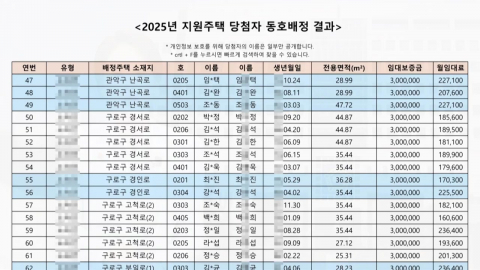 단독 SH, 지원주택 대상자 실명 노출…'정신질환' 등 표기도
단독 SH, 지원주택 대상자 실명 노출…'정신질환' 등 표기도 -
재생
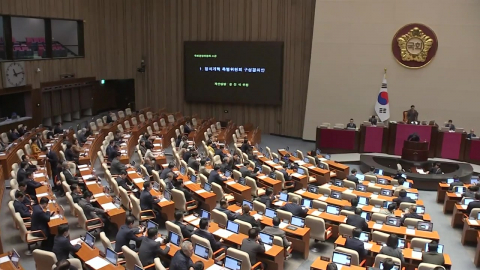 정보통신망법 개정 초읽기…"졸속 입법" 비판 계속
정보통신망법 개정 초읽기…"졸속 입법" 비판 계속 -
재생
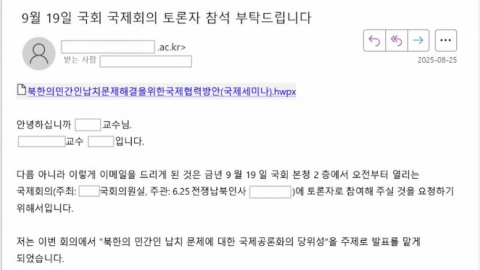 "세미나 초청합니다"…문서 연 순간 '北 해킹 시작'
"세미나 초청합니다"…문서 연 순간 '北 해킹 시작' -
재생
![[날씨] 성탄절 맑지만 '반짝 한파'…금요일 서울 체감 -19℃](https://image.ytn.co.kr/general/jpg/2025/1223/202512230215408781_h.jpg) [날씨] 성탄절 맑지만 '반짝 한파'…금요일 서울 체감 -19℃
[날씨] 성탄절 맑지만 '반짝 한파'…금요일 서울 체감 -19℃ -
재생
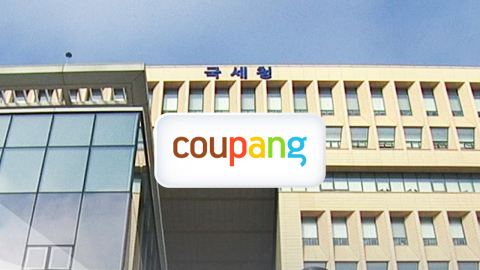 국세청, 쿠팡 특별 세무조사…"택배 사업자 등록 취소도 검토"
국세청, 쿠팡 특별 세무조사…"택배 사업자 등록 취소도 검토" -
재생
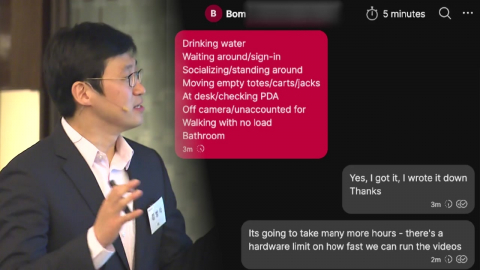 쿠팡 故 장덕준 사망 '과로 축소' 정황 곳곳…오늘 김범석 고발
쿠팡 故 장덕준 사망 '과로 축소' 정황 곳곳…오늘 김범석 고발 -
재생
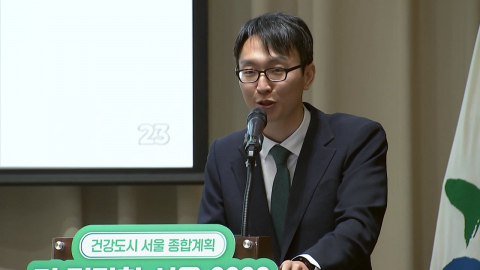 '저속노화' 정희원 논란…식품업계는 '고속 손절'
'저속노화' 정희원 논란…식품업계는 '고속 손절' -
재생
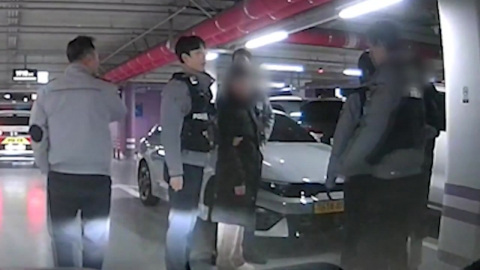 지하주차장의 '경찰과 도둑'…차털이 10대들 검거
지하주차장의 '경찰과 도둑'…차털이 10대들 검거 -
재생
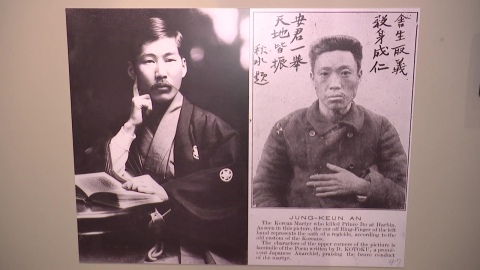 115년 만의 귀환…안중근 의사 '장탄일성 선조일본' 첫 공개
115년 만의 귀환…안중근 의사 '장탄일성 선조일본' 첫 공개 -
재생
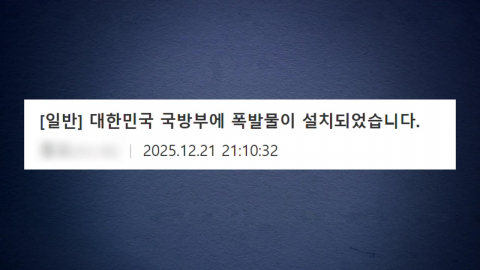 '국방부 폭파' 협박 글 올린 20대 검거…테러 협박 범죄 반복
'국방부 폭파' 협박 글 올린 20대 검거…테러 협박 범죄 반복 -
재생
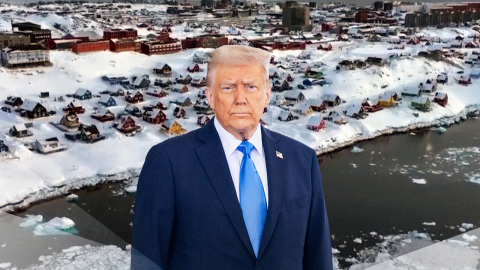 트럼프 그린란드 특사 임명…그린란드 장악 본격화?
트럼프 그린란드 특사 임명…그린란드 장악 본격화? -
재생
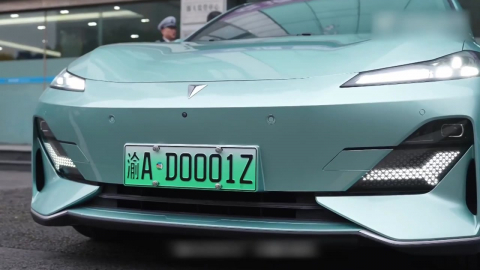 중국, L3 번호판 첫 발급…사망 사고에도 자율주행 가속
중국, L3 번호판 첫 발급…사망 사고에도 자율주행 가속
많이 본 뉴스
- 1 박나래 소속사, 자택에 '거액의 근저당'...묘한 시점에 의문 증폭 [지금이뉴스]
- 2 박나래 약봉지 공개한 매니저...전문의의 분석 [지금이뉴스]
- 3 중학생 아들만 남긴 채 다른 자식들과 함께...몰래 이사한 친모, 결국 [지금이뉴스]
- 4 국세청, 쿠팡 특별 세무조사..."택배 사업자 등록 취소도 검토"
- 5 주가도 실적도 부활하더니...삼성전자 반도체 성과급도 '폭발' [지금이뉴스]
- 6 [속보] 코레일 "오늘 철도노조 총파업 유보...열차 정상 운행"
- 7 [단독] SH, 지원주택 대상자 실명 노출...'정신질환' 등 표기도
- 8 터널 발파소음에 염소 집단 폐사?..."대책 마련하라"
- 9 '백종원이 공익제보자 색출' 보도했던 기자들...손해배상금 판결 [지금이뉴스]
- 10 군 “군사분계선 말뚝 대부분 유실...애매하면 남쪽서 대응”

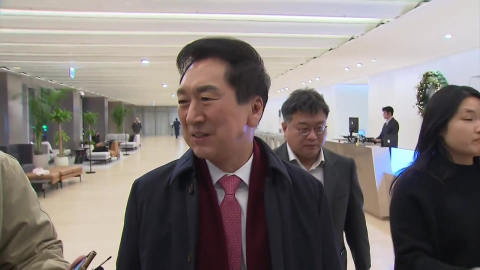





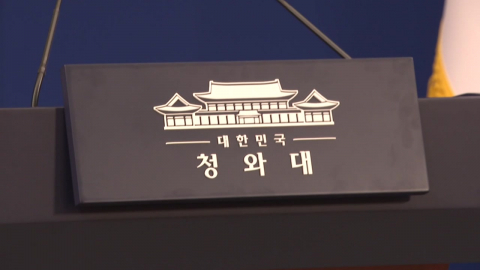

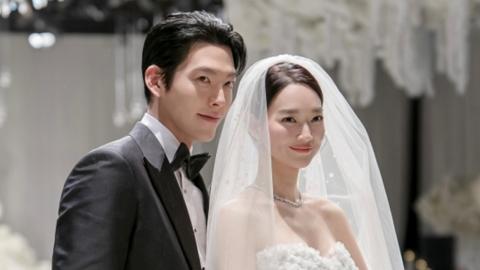
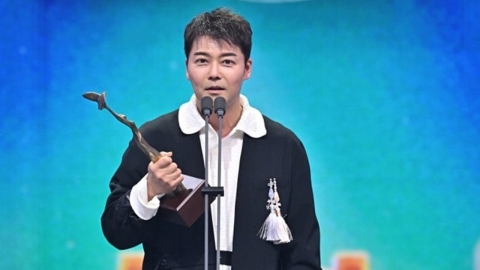

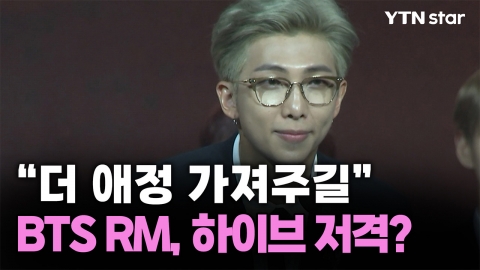
![[Y현장] '오세이사' 추영우, 스크린 데뷔 소감 "기분 좋은 부담감 있다"](https://image.ytn.co.kr/general/jpg/2025/1222/202512221648183534_h.jpg)





